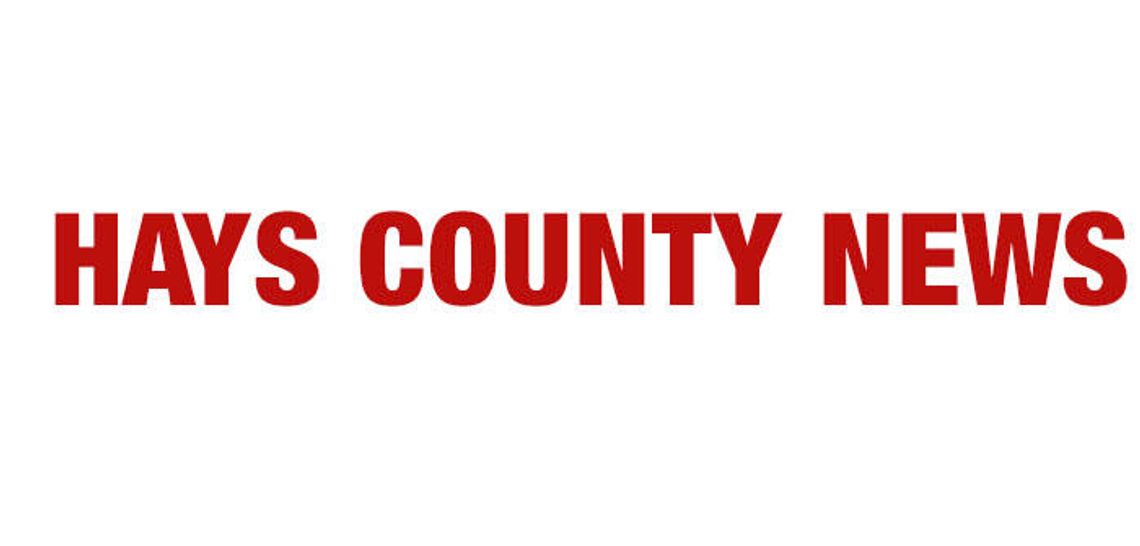Hostile debate on the timing of an application meant to secure grant money for a proposed public defender’s office Tuesday led to the item’s death on the Hays County Commissioners Court dais.
The lack of action, however, followed terse bickering among county leaders and officials, which some felt was propagated by a lack of information provided by Hays County Judge Ruben Becerra and his staff.
County and district court judges voiced concerns over the application coming to court Tuesday, citing they needed more time to learn about the program. The deadline to apply for the grant is Friday, May 10.
The agenda item came as part of Becerra’s plan to overhaul Hays County’s criminal justice system, which includes addressing the overpopulation of the Hays County Jail and the creation of the Hays County Criminal Justice Commission.
However, the latest piece of the plan was to apply for a grant that would subsequently fund 80 percent of the first year’s cost for a Public Defender’s Office. The office would allow low-income defendants to receive support beyond sentencing. The grant application died on the dais due to a lack of support from county judges and commissioners.
Hays County spends around $5 per resident, or $1,072,425 as per 2017 population, on indigent defense, which is half of the state average.
But county and district court judges voiced concerns about the application coming to court Tuesday, citing they needed more time to learn about the program. The deadline to apply for the grant is Friday, May 10.
County Court-at-Law No. 2 Judge Chris Johnson, Court-at-Law No. 3 Judge Tracie Zelhart and District Judge Bill Henry said they had been made made aware of the application in recent weeks.
It’s unclear at this time, however, how many judges were briefed on the application, which Hays County Pct. 4 Commissioner Walt Smith said was 400 pages long.
“It may be a great idea, but right now, it’s unclear what it means,” said County Court-At-Law Judge No. 2 Chris Johnson. “(You’re) asking me as an elected official to sign off on something when I do not know what the idea is. It has not been clearly communicated to the judges.”
Zelhart said she withdrew her name as Program Manager for the Public Defender office because the application had changed since she last saw it Friday.
“We don’t have the buy-in from our judges or the bar association,” Hays County Pct. 2 Commissioner Mark Jones said. “Before we start spending staff time and resources, I would want to have that.”
Smith, along with Jones and Hays County Pct. 3 Commissioner Lon Shell, echoed similar worries.
Shell said the county needs to address criminal justice system issues, which includes pretrial detention and indigent defense, but he also added the grant application had not been vetted by the county’s judiciary branch.
Smith said the application presented Tuesday was “substantially different” than the one he had discussed with County Judge’s Chief of Staff Alex Villalobos two weeks ago.
If the court had worked on the application for the last two months, in conjunction with the judiciary, it could have likely been supported, Smith said.
However, Becerra said the approval of the grant application was a means to show the state that the county is serious about tackling the county’s issues.
Meanwhile, a number of local residents spoke in favor of the grant application. Faylita Hicks, who supported the initiative, cited issues with the judicial process after she served 45 days in the Hays County Jail due to an overdraft fee on her bank account,
Hicks said it took her 45 days to see an attorney for her case and that the attorney didn’t give her advice on the case, but only advised her to sign documents for her release.
“What you have going on right now is not working,” Hicks said. “I have a master’s degree and can’t get a job in this county because I have a record.”
Hicks’ story highlighted what activists considered to be a major issue in the criminal justice system, that it does not help economically disadvantaged residents.
Reverend Tim Bauerkemper at the First Lutheran Church in San Marcos said his congregation would have helped Hicks pay for the $25 overdraft if he knew the circumstances.
Bauerkemper said the system “unequally burdens the poor,” and called for the court to take action.
“We do believe quality indigent defense is something we need to invest our time and possibly our money,” said Zelhart.










